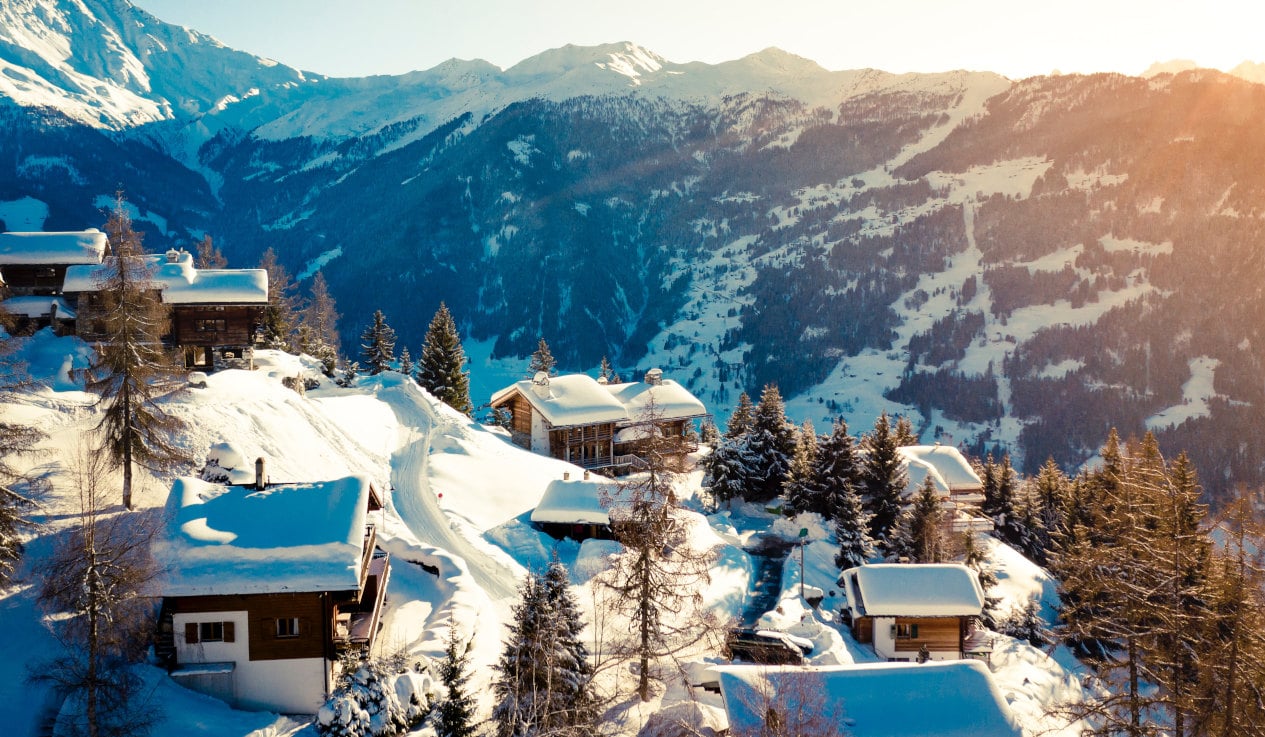Many people want to escape the city life’s hustle and bustle and escape to a secluded spot in nature. If you’re one of those people, you might be thinking about creating an off-grid holiday home.
Related: 7 ways to lower your heating bills this winter
But what does that even mean? And how do you go about doing it? Here are some tips to get you started.
Getting your permits in order
Before building your off-grid holiday home, ensure you get all the necessary permits and paperwork in order. Depending on where your property is located, you may need approval from local or state governments before beginning construction. So it’s essential to do your research ahead of time.
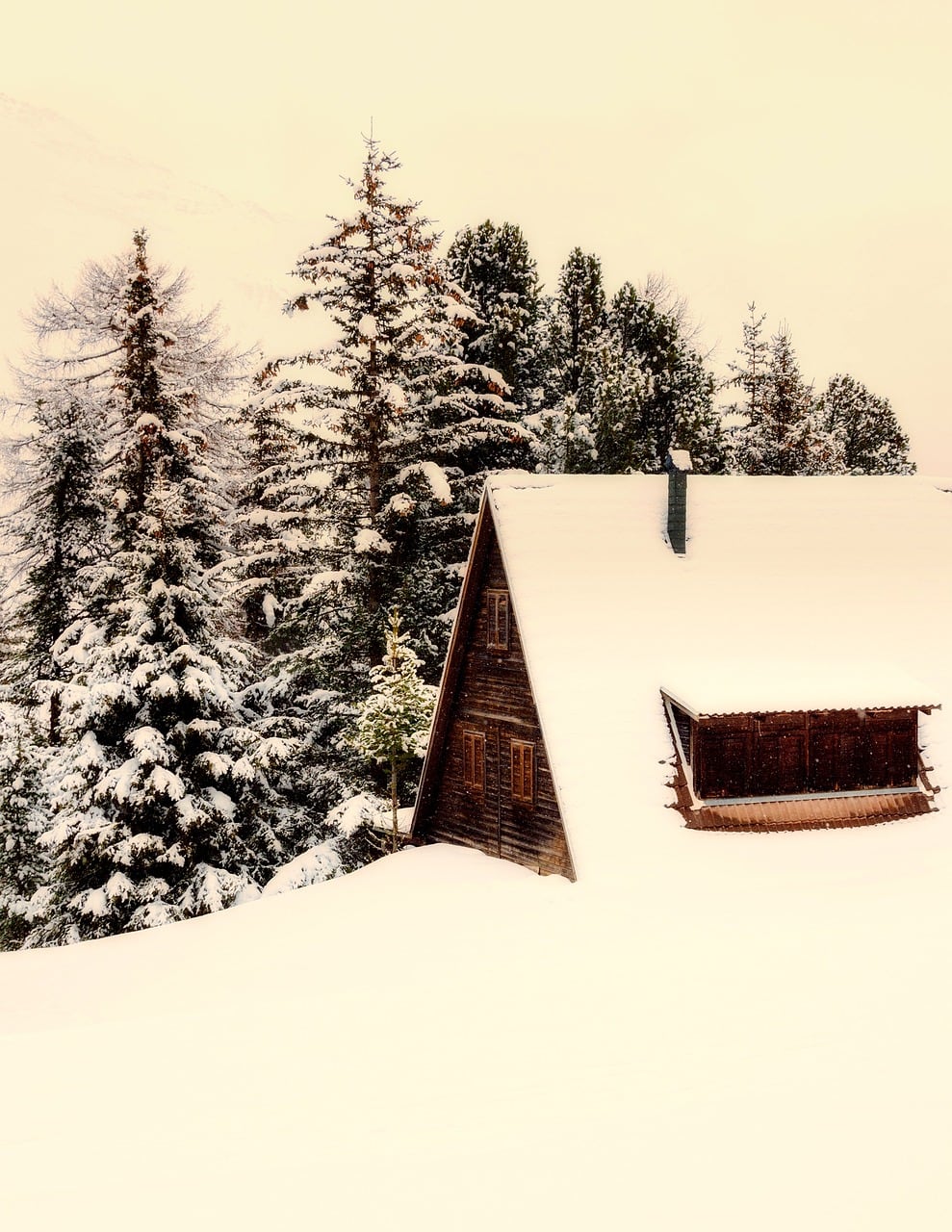
Image: Pixabay
Finding the right location
Finding the right location is one of the most important considerations for creating an off-grid holiday home. You’ll want to find a spot that’s remote enough to provide a true sense of isolation but not so remote that it’s inaccessible or dangerous. You’ll also want to ensure enough sun exposure for solar power and enough water source for rain catchment systems.
Powering your home
Once you’ve found the perfect location for your off-grid holiday home, you’ll need to start thinking about how you will power it. Solar power is an excellent option because it’s renewable and relatively easy to set up. First, however, you’ll want to ensure that you have the best solar generator for off grid living. A good generator should provide enough power to meet your needs and store excess energy for nighttime or cloudy days.
Collecting water
You’ll also need a reliable water source to power your off-grid holiday home. You can collect rainwater from gutters and filters and store it in tanks or cisterns. This process will not only provide you with a clean and safe water source, but it’ll also help reduce your environmental impact. And if your home is near a river, you can use a river water filter system to ensure that the water you’re using is clean and safe.
Staying warm (or cool)
When it comes to heating and cooling your off-grid holiday home, a few different options are available. If you’re in a location with warm weather year-round, you might not need any heating or cooling system. However, if temperatures occasionally dip, you can look into wood-burning stoves or fireplaces. For cooling, ceiling fans or evaporative coolers might be sufficient.
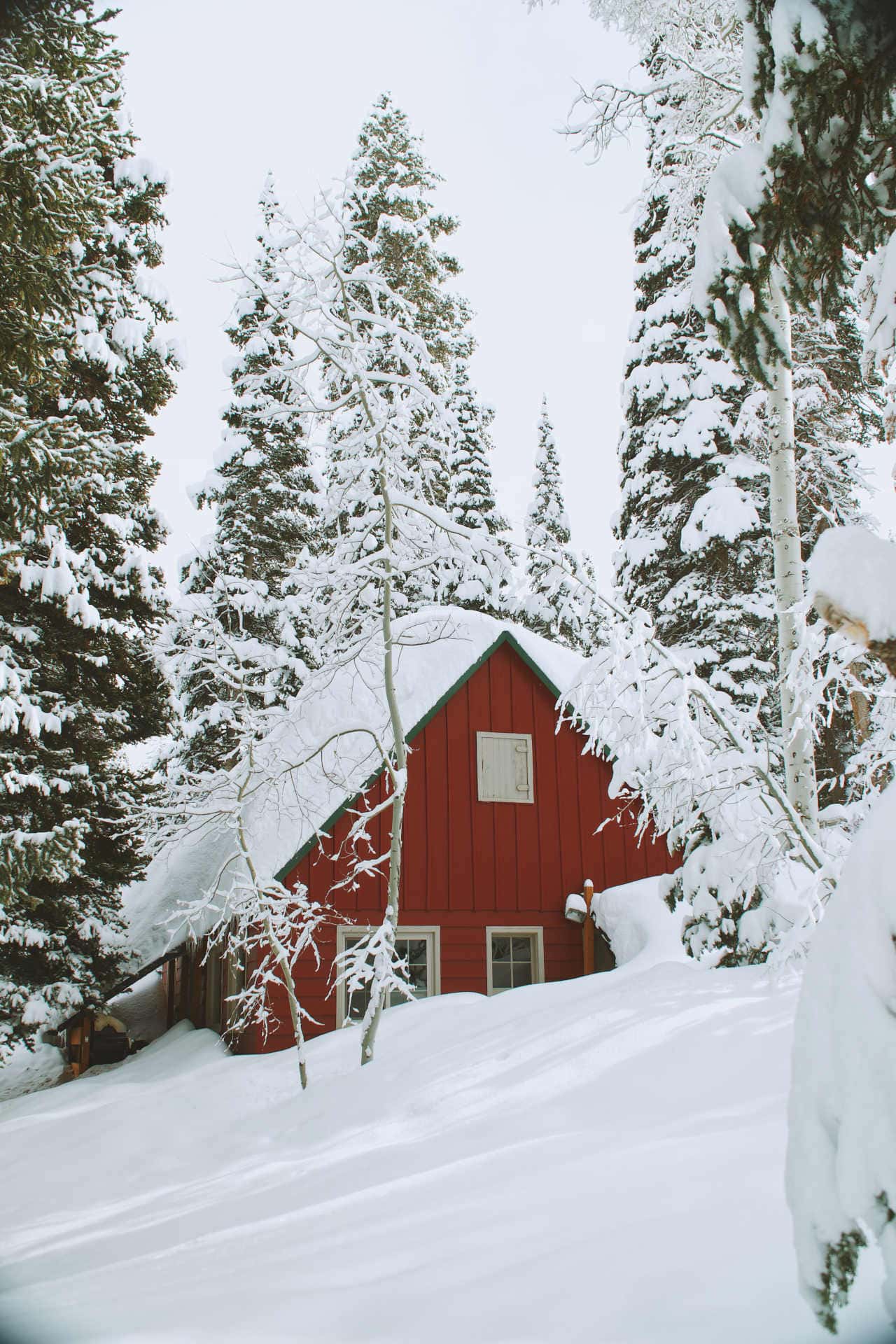
Photo by Greg Rakozy on Unsplash
Cooking food
No matter where your off-grid holiday home is located, you’ll need to think about how you’re going to cook food while you’re there. If you’re in a remote location, it might not be realistic to haul in propane tanks for a gas stove—in which case, a wood-burning stove or solar oven might be your best bet. And don’t forget to install a fire pit or barbecue area so you can enjoy a meal outdoors.
Sewage and gray water disposal
When it comes to sewage and greywater disposal, there are a few different options available—and which one is best for you will depend on the location of your off-grid holiday home and local regulations. One option is to dig a pit latrine—essentially a hole in the ground covered with a seat—which is simple and inexpensive but requires regular maintenance.
Another option is to install an incinerating toilet, which uses heat to decompose waste. A third option is gray water reuse systems, which recycle wastewater from sinks and showers in bathrooms for landscaping. Whatever method you choose, research local regulations before making any decisions.
Showering and bathing
You’ll need to ensure that your off-grid holiday home is equipped with a reliable water heater when it comes to showering and bathing. Solar water heaters can be an effective and eco-friendly option, but they require some maintenance and must be positioned in direct sunlight. Alternatively, consider installing a gas-powered water heater.
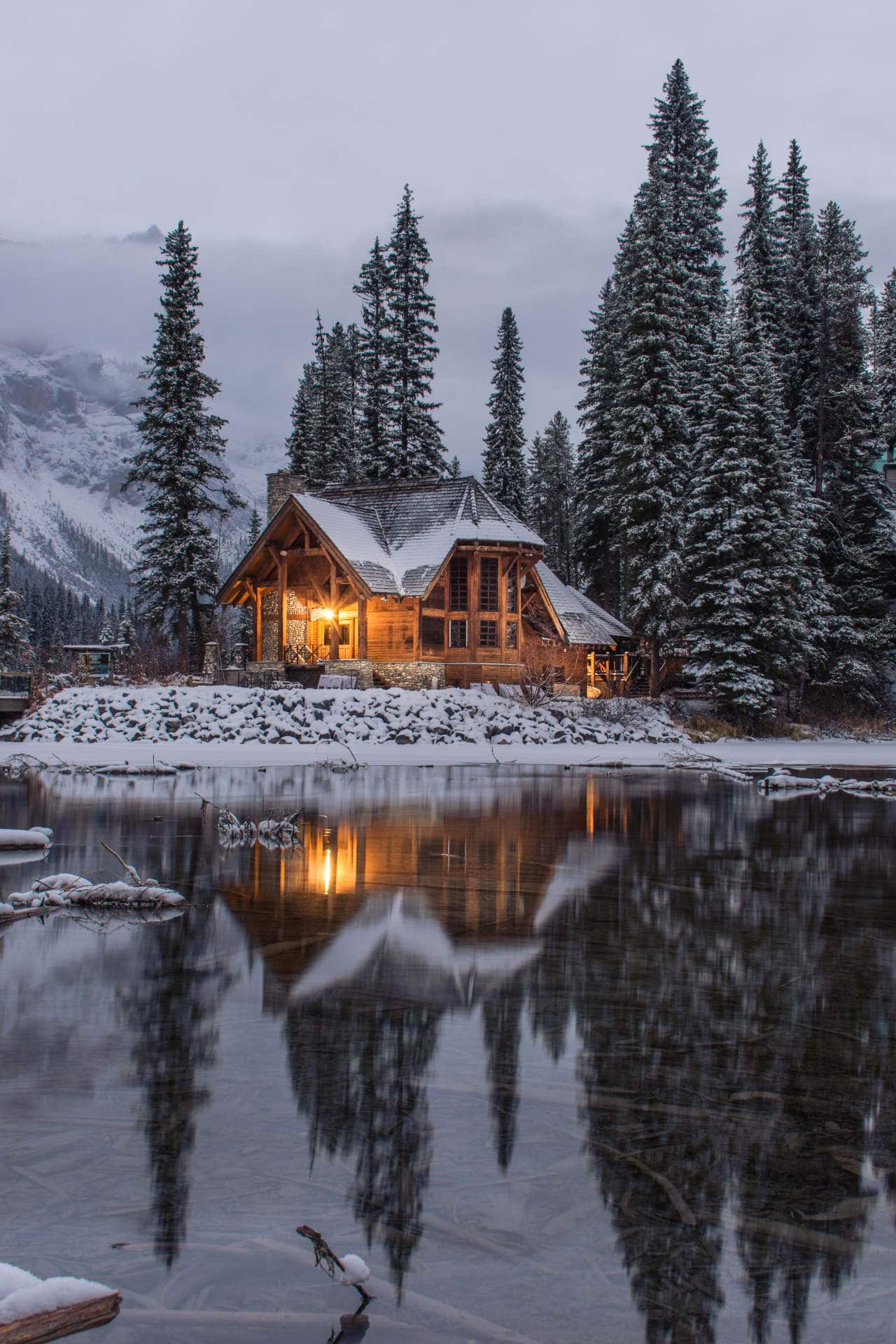
Food storage
You’ll need to think about how you will store food while at your off-grid holiday home. If there’s limited access to electricity, a root cellar might be the best option, as it keeps food cool and maintains ideal humidity levels. You can also invest in a gas-powered refrigerator to store food safely. Otherwise, an insulated cooler with plenty of ice should provide enough storage for short trips.
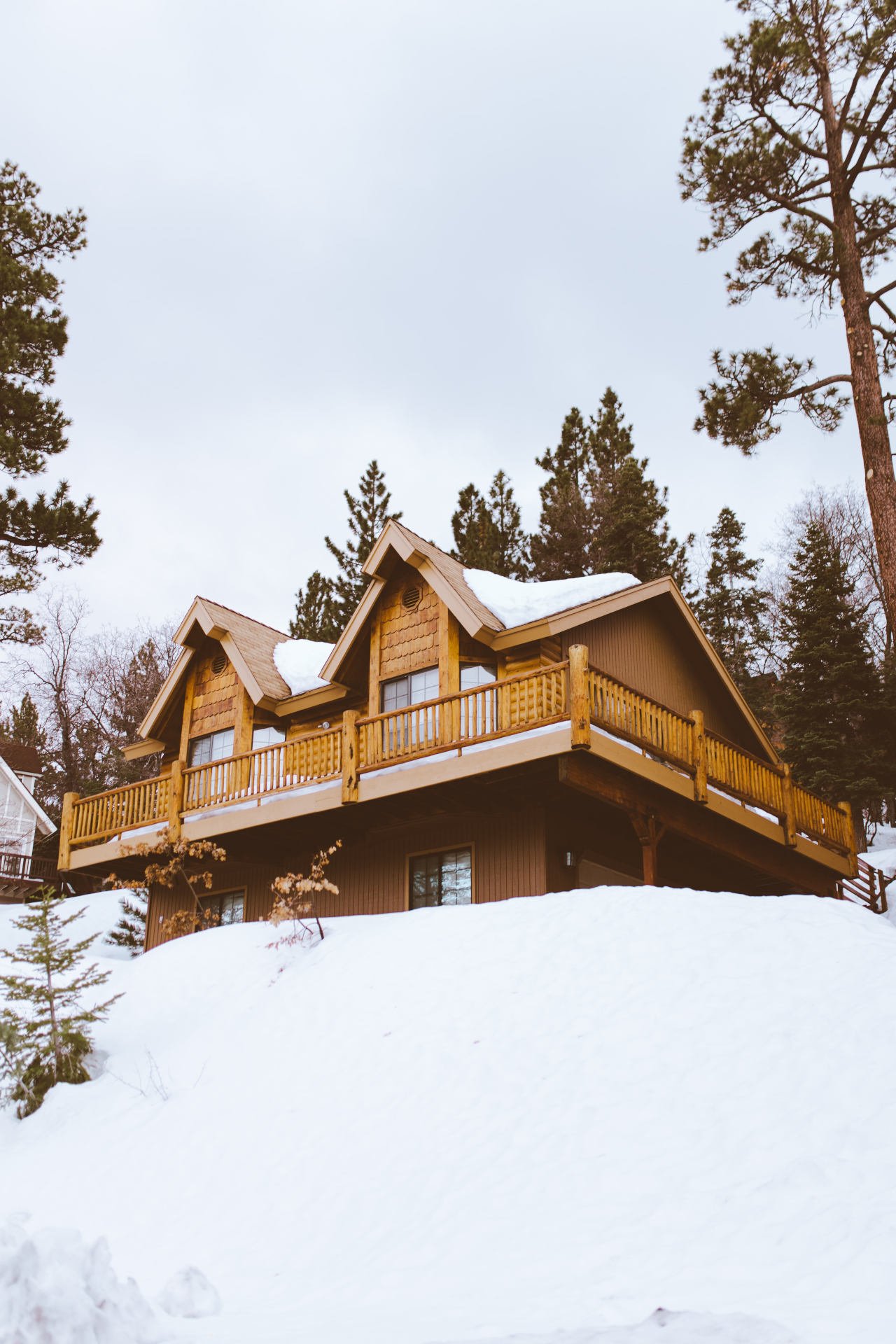
Photo by Clarisse Meyer on Unsplash
Growing food
If adventurous, consider growing some food at your off-grid holiday home. If the location is suitable for gardening, you can look into raised bed gardens or hydroponics systems for growing fruits and vegetables. Many people also enjoy raising chickens in remote locations—which can provide fresh eggs and fertilizer for your garden. Ensure you have someone to take care of them while you’re away!
Create your compost pile
Another great way to reduce your environmental impact while at your off-grid holiday home is to create your compost pile. Composting helps you to reuse food scraps and other organic materials by breaking them down into nutrient-rich soil. If you’re in a remote location, it’s best to avoid vermicomposting (which uses worms) and to use a tumbler or aerated bin instead.
Composting can be as simple or complex as you’d like, and it’s an easy way to reduce your environmental impact while also creating nutrient-rich soil for your gardens.
Decorating your home
Finally, the fun part – decorating your off-grid holiday home! Since you won’t have access to electricity, lighting will be necessary. Solar-powered lamps are a great option and provide plenty of light at night. You’ll also want to look for furniture made of natural materials like wood, bamboo, and wicker. This will help create a cozy and inviting atmosphere while blending in with your natural surroundings.
Creating an off-grid holiday home can be a great way to get away from the hustle and bustle of city life—but there are many things to consider before getting started. From finding the right location to powering your home to disposing of sewage and greywater, many factors are involved in creating an off-grid holiday home. However, with careful planning and execution, an off-grid holiday home can be a perfect way to escape the rat race and enjoy some peace in nature.
Top photo by Sebastian Staines on Unsplash

I am a 50-something Torontonian who loves everything about my city. It’s been my home, my playground, for my entire life. I went to school here. I met my wife here. I own real estate here. I love writing about the transformation of my city on the world stage, which hasn’t been anything short of dramatic. That continues on, as I write this. I write on the real estate scene. I write on travel and fashion. I like following the world of luxury watches.
But I love writing about cars – check that, luxury cars, a level of superior, engineering sophistication, high performance and style, that transports you not just from one destination to another but also out of whatever you are going through on a particular day, whatever mood you are in, all to another head space. It’s complete and total exhilaration, head to toe.
Check out my stories, and email me direct at mkeast@regardingluxury.com



